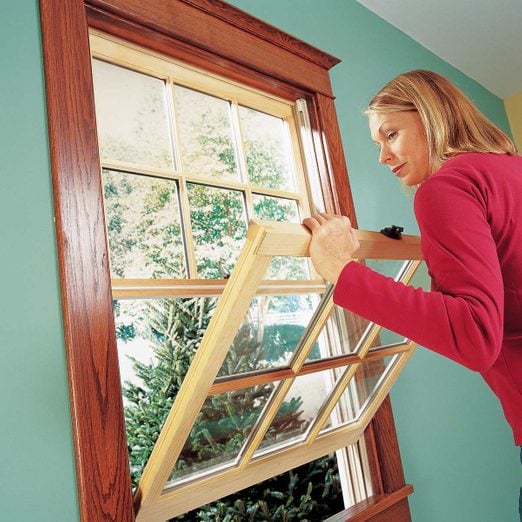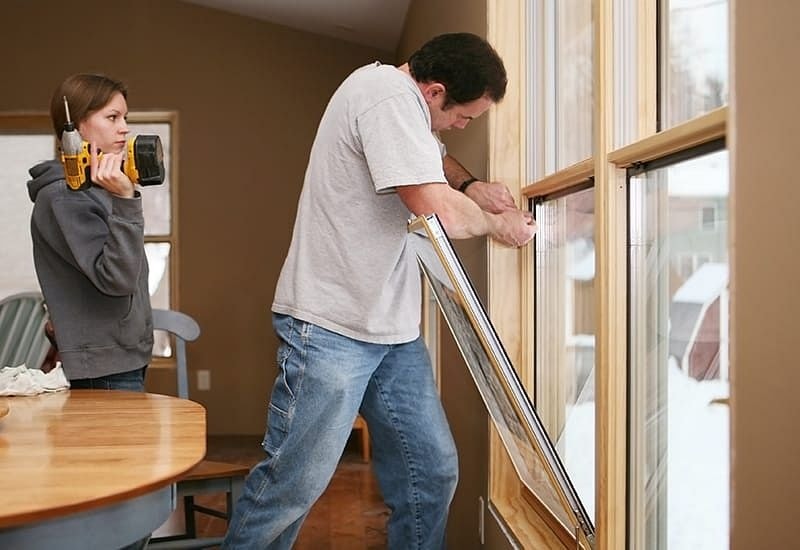Woodlands Window Replacement Solutions for Elegant Houses
Upgrade Your Home With Energy-Efficient Window Replacements
In the realm of home enhancement, the choice to update to energy-efficient window replacements can considerably impact both the performance and visual appeals of a house (Houston window replacement). As property owners look for methods to improve the performance and sustainability of their living rooms, the option of home windows plays an essential function in achieving these goals. Beyond the surface area level of plain visual appeals, energy-efficient home windows use a plethora of benefits that exceed plain curb appeal. With a mindful selection process that takes into consideration different aspects, from glass types to installation techniques, getting started on this home upgrade trip could verify to be a transformative endeavor.
Advantages of Energy-Efficient Windows

The setup of energy-efficient home windows offers substantial financial savings on utility costs while improving environmental sustainability. Energy-efficient windows are developed to reduce warmth loss and gain, minimizing the need for heating and cooling systems to work overtime. By successfully insulating the home, these home windows assist maintain a comfortable interior temperature year-round, leading to reduced energy usage and lowered utility prices. Additionally, energy-efficient home windows can assist regulate moisture levels within the home, decreasing the threat of mold and mold development.
Past the financial advantages, energy-efficient windows contribute to ecological sustainability by decreasing carbon discharges related to energy manufacturing. By lowering energy use, these windows help alleviate the ecological effect of cooling, heating, and illumination residential spaces. This decrease in energy usage plays an important duty in combating climate change and promoting a greener future for generations to find. In general, buying energy-efficient home windows not only boosts the convenience and effectiveness of a home however additionally straightens with environmentally mindful practices.
Sorts Of Energy-Efficient Glass
Different sophisticated types of energy-efficient glass offer special buildings that accommodate various demands and choices in enhancing the sustainability and efficiency of structures. Low-emissivity (Low-E) glass is a popular choice made to lessen the amount of ultraviolet and infrared light that can go through the glass, therefore minimizing warm transfer. This sort of glass helps maintain a regular interior temperature, reducing the demand for home heating or cooling systems, and eventually reducing energy costs. Another cutting-edge choice is spectrally discerning glass, which allows visible light to travel through while obstructing particular sorts of infrared radiation. This helps in preserving a comfy interior environment while lessening warmth gain. Triple-pane glass, consisting of 3 layers of glass with protecting gas in between them, gives enhanced thermal insulation, making it very energy-efficient. In addition, self-cleaning glass with a special covering that damages down and loosens dirt when exposed to sunlight can lower maintenance requirements and maintain home windows looking clean. Each kind of energy-efficient glass provides unique advantages, permitting home owners to choose the most ideal choice based on their certain demands and goals.
Aspects to Think About When Selecting
When contemplating energy-efficient window replacements, it is crucial to very carefully evaluate details elements that straighten with your sustainability goals and desired energy savings. One essential element to consider is the window's energy efficiency rankings, such as the U-factor and Solar Warmth Gain Coefficient (SHGC) The U-factor procedures just how well the home window protects, with lower numbers showing much better insulation, while the SHGC shows the home window's capability to obstruct heat from sunlight. In addition, the home window structure product plays a significant duty in energy performance. Materials like fiberglass, vinyl, or timber with thermal breaks are exceptional selections for decreasing heat transfer. An additional important factor to consider is the window style and alignment concerning sunshine direct exposure. Selecting the right home window style and tactically putting them can make best use of natural light while lessening warmth gain or loss. Last but not least, installation quality is essential to ensuring the home windows carry out as meant. Proper setup assists protect against air leakage, making sure ideal power effectiveness. By carefully evaluating these aspects, you can select energy-efficient home windows that improve convenience, minimize energy costs, and benefit the environment.
Installation and Upkeep Tips

Routine upkeep is vital to protecting the performance of your energy-efficient home windows. Evaluate the home windows periodically for any indications of sealer, damage, or wear degeneration. Clean the frames, tracks, and glass frequently making use of mild soap and water to remove dirt and grime that can impact performance. Check the weather-stripping and seals for any kind of voids or tears and replace them if required to preserve the home windows' energy performance.
On top of that, lubricate moving components such as hinges and locks reference to guarantee smooth procedure. By following these setup and maintenance tips, you can enhance the power effectiveness of your home and prolong the life-span of your energy-efficient home windows.
Cost-Benefit Analysis of Upgrading

Energy-efficient home windows are created to lessen heat transfer, minimizing the need for home heating and cooling down systems to burn the midnight oil. This can lead to substantial cost savings on energy costs, specifically in regions with severe temperature levels. Furthermore, energy-efficient home windows can boost the general worth of your home, making it extra appealing to possible customers if you determine to market in the future.
When calculating the cost-benefit evaluation, variable in the prospective company website cost savings on energy expenses, any type of readily available incentives or discounts, and the lifespan of the windows. While the first cost may be higher, the long-term financial savings and advantages of energy-efficient windows make them a wise investment for homeowners aiming to enhance their building's energy efficiency and value.

Final Thought
In verdict, updating to energy-efficient home window substitutes supplies many benefits such as reduced energy usage, increased comfort, and price savings. By picking the appropriate type of energy-efficient glass and thinking about aspects like frame product and setup, house owners can take full advantage of the performance of their home windows. Normal maintenance and appropriate installation are necessary for long-lasting performance. Generally, the cost-benefit analysis of upgrading to energy-efficient home windows reveals that the preliminary investment can result in substantial cost savings in the future.
When considering energy-efficient home window substitutes, it is vital to carefully analyze certain elements that align with your sustainability purposes and desired energy financial savings. The U-factor procedures exactly how well the window shields, with lower numbers indicating much better insulation, while the SHGC suggests the home window's ability to block warm from sunshine. By thoroughly reviewing these aspects, you can pick energy-efficient windows that boost comfort, decrease power prices, and benefit the setting.
While energy-efficient home windows might have a greater in advance expense contrasted to typical home windows, the long-term benefits commonly exceed the initial investment.In verdict, upgrading to energy-efficient window substitutes supplies many benefits such as lowered energy intake, enhanced comfort, and expense savings.